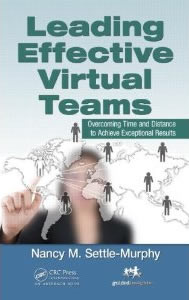When Sue confessed to being anxious about the impending project deadline, her manager dismissed her concerns, assuring her that he just knew that Sue would find a way to pull through – she always did!
John was still having a hard time putting one foot in front of another six months after a painful break-up. His colleague June, trying to cheer him up, reminded him what a “great catch” he’d be for someone else. She urged him to “stop being so negative and smile more often.”
Rachel was counting on a promotion so she and her family could leave their cramped apartment. Her dreams of homeownership were suddenly dashed when she learned that promotions were on hold indefinitely. Her teammate consoled her: “Well, at least you still have a roof over your head, right?”
After three jobless months, Luis landed a coveted interview. He felt so sure the job was his that he celebrated with a round of drinks with his friends later that evening. But just two gulps into his beer, his phone beeped. It was a text from his recruiter: “Sorry, they’ve decided on someone else. But remember – as one door closes, another opens…”
What do all of these scenarios have in common? Two words: Toxic positivity. Simply put, toxic positivity is the insistence that people put a positive spin on all experiences, even during times of great adversity, deep disappointment, grievous sadness, or shocked outrage. Maybe you’ve tried to help a colleague or friend uplift their spirits by assuring them that time heals all wounds, or that karma will take care of everything. (I know I have!) You might wonder, what’s the harm? After all, isn’t it true that imagining positive outcomes can help us get through difficult situations?
Yes, to a point. Envisioning a positive outcome when minds are calm and clear can help create a path for better things to come. When we dismiss the legitimacy of heartfelt emotions by implying that “positive vibes” will make everything okay, we stand to cause real harm. Such toxic positivity can serve to squelch emotions, cause feelings of shame, stifle self-awareness, prevent growth, and perhaps most damaging of all, deter us from seeking understanding or support.
Whether we’re urging ourselves to find that elusive silver lining at all costs, or it’s others who toss off affirming platitudes to help us feel better, this insistence on seeing the bright side comes at a cost. There are many times when we just can’t see any upside to a bad situation, and maybe we’d be better off not even trying, at least in the moment.
Here are some tips for avoiding the ill effects of toxic positivity, whether you’re the one acknowledging your feelings, or on the receiving end.



